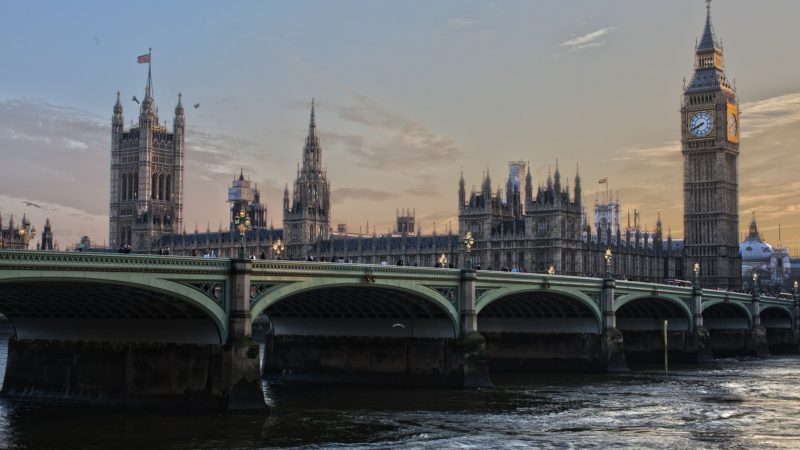
Labour is rightly concerned about the grotesque inequalities of wealth and opportunity that hold people back and disfigure our society. But we talk much less about the inequalities of power that underpin them. The reason the weak, the poor and the vulnerable stay that way is because they lack the power to bring about change on their own terms. The reason the rich and powerful can increase what they already have is because they are strong enough to bend the system to their own advantage. Labour needs to make sure our country works for everyone – and that means opening up power to everyone.
For a democratic socialist party like Labour, democracy is about much more than putting a cross on a ballot paper every few years. Real democracy means giving people more control of their lives every single day – in the workplace, in the community, and over the public services they use. Elected politicians must play a critical role by ensuring fairer systems of taxation, regulation and redistribution. But it’s important that people are involved in decisions that directly affect them because it leads to better decision-making, opens up the creativity that exists in our communities and helps communities move away from paternalism to participation.
CASA is a home-care provider that is owned and run by its workers. In a sector where many care workers are exploited by low pay, long hours, not paid for travelling-time between clients, CASA sets a higher standard. The older and disabled people who use their services praise the high quality of care they receive, and the low levels of staff turnover and sick leave show that workers are happier. The key ingredient is that workers have more power to shape their own working lives.
In East London, Barking and Dagenham Council has launched an ambitious partnership to set up over 250 community-led projects and 100 new businesses. The projects include community gardens, play streets, get-togethers for isolated freelance workers, even a listening barber. These activities bring the community together, and they are not just improving people’s sense of wellbeing – they also have a direct impact on tackling crime and unemployment. The projects are all free and local, showing how creative an empowered community can be.
People power can transform public services too. WATMOS is a Walsall-based social housing provider run by its own tenants. The organisation manages over 2,700 homes in the West Midlands and London, with tenants setting the overall direction and managers directly accountable to residents in every neighbourhood where they operate. WATMOS insist they’re not just about managing homes – for which they achieve very high levels of resident satisfaction – but also about building a community where people look after one another. Because they’re led by their own residents, they understand that homes aren’t just about bricks and mortar. Residents often find it difficult to make the bureaucracy listen in traditional forms of social housing. With accountability direct to tenants, they have the power to make sure their voice is heard and they use that power to improve the quality of the services they receive.
These examples hold a big lesson for our politics: by opening up power to people and their communities, we can build a fairer society. This represents a move away from the top-down state and the market state of the past towards the collaborative state – more open, networked, participative, and hopeful.
By helping people take power for themselves, Labour can future-proof communities against the Conservatives. While it proved easy for the post-2010 Conservative government to turn off the funding taps and introduce austerity, they would find it much harder to snatch back power from people and communities who’d grown used to exercising it. We need a radical, reforming Labour government to bring about change on the scale that’s needed, but we can already see from examples like these how that new society might look.
The Power Project, launched today, will explore how Labour can help people take more power at work, in communities, and over the public services they use. It will be open and participative so any Labour member or supporter can take part. We need your help to shape the radical agenda that will win Labour the next election. Power and control is something the wealthy have always taken for granted – now it’s time for Labour to open up power to everyone and confront the inequalities of power that have left too many behind.
This piece was commissioned by Labour Together, which is guest editing LabourList this week.




More from LabourList
Welfare vote: ‘Here are the failures it reveals – and three faint silver linings’
Welfare vote: Which Labour MPs voted against bill or backed new amendment?
‘Welfare reforms still mean a climate of fear. Changes are too little, too late’